Euro gold and silver commemorative coins
|
Kingdom of Belgium
(Dutch) Koninkrijk België
(French) Royaume de Belgique (German) Königreich Belgien |
|
|---|---|
 |
|
| ISO 3166 code | BE |
|
Republic of Cyprus |
|
|---|---|
 |
|
| ISO 3166 code | CY |
|
Republic of Estonia Eesti Vabariik
|
|
|---|---|
 |
|
Republic of Finland
(Finnish) Suomen tasavalta
(Swedish) Republiken Finland |
|
|---|---|
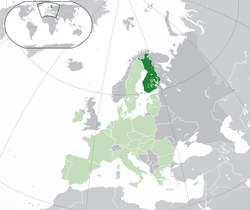 |
|
| ISO 3166 code | FI |
|
France France
|
|
|---|---|
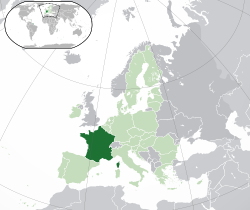 |
|
Federal Republic of Germany Bundesrepublik Deutschland
|
|
|---|---|
 |
|
Hellenic Republic Ελληνική Δημοκρατία
Ellīnikī́ Dīmokratía |
|
|---|---|
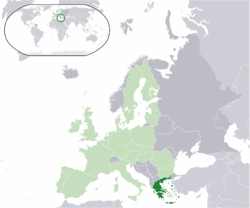 |
|
Ireland Éire
|
|
|---|---|
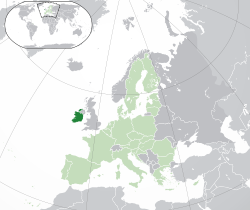 |
|
Luxembourg Luxembourg
|
|
|---|---|
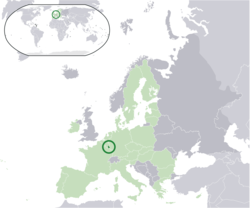 |
|
Republic of Malta Repubblika ta' Malta
|
|
|---|---|
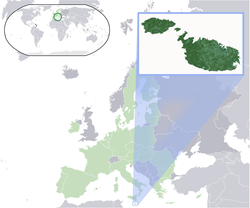 |
|
| ISO 3166 code | MT |
This article covers the gold and silver issues of the euro commemorative coins (collectors coins). It also includes some rare cases of bimetal collector coins (titanium, niobium, etc.). See €2 commemorative coins for circulating commemorative coins.
In the Eurozone, as a legacy of old national practice is the minting of silver and gold commemorative coins. Unlike normal issues, these coins are not legal tender in all the Eurozone, but only in the country where the coin was issued. For instance, a €10 Finnish commemorative coin cannot be used in the Netherlands.
Despite this, these coins are not really intended to be used as means of payment, as their bullion value generally vastly exceeds their face value, so it does not constitute a serious problem. The major exception is Germany, where silver ten euro commemoratives are available at banks and some retailers at face value. The coins, however, generally do not circulate.
It is uncertain whether the Council of Ministers will grant them legal tender status elsewhere outside national boundaries, as San Marino, Monaco and Vatican City also issue these kinds of coins.
The Europa coin programme is a multi-member participation of minting precious metal coin with a particular theme that changes each year.
This is a summary of the euro gold and silver commemorative coins issued by all countries in the eurozone.
Austria introduced the Eurocoins in 2002 alongside the general issuance of euros in the Eurozone. From the very beginning, they have been minting a fairly large set of collectors' coins. The record was reached in 2004, when 14 different coins were minted. There was a unique and particular edition of a very special coin: the €100,000 Vienna Philharmonic, only 15 coins minted.
Austria uses mainly gold and silver for its collectors' coins. However, since 2003 a special bimetal coin, €25 face value, has been minted using silver and colored niobium, giving this set of coins a unique characteristic, since they have different color variations every year.
...
Wikipedia
